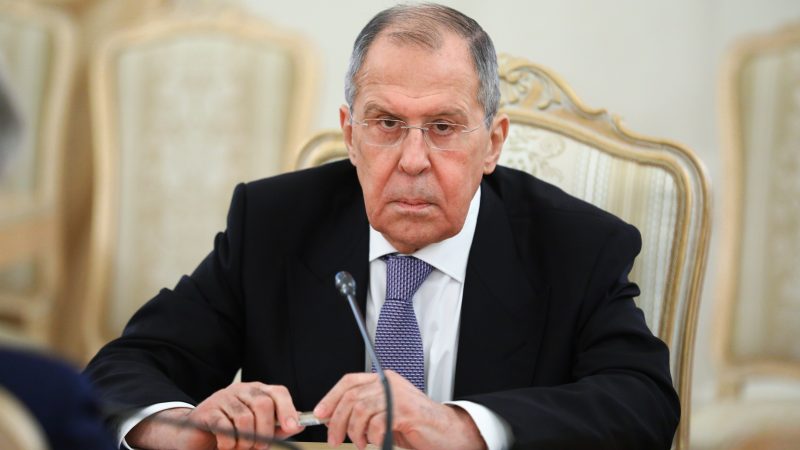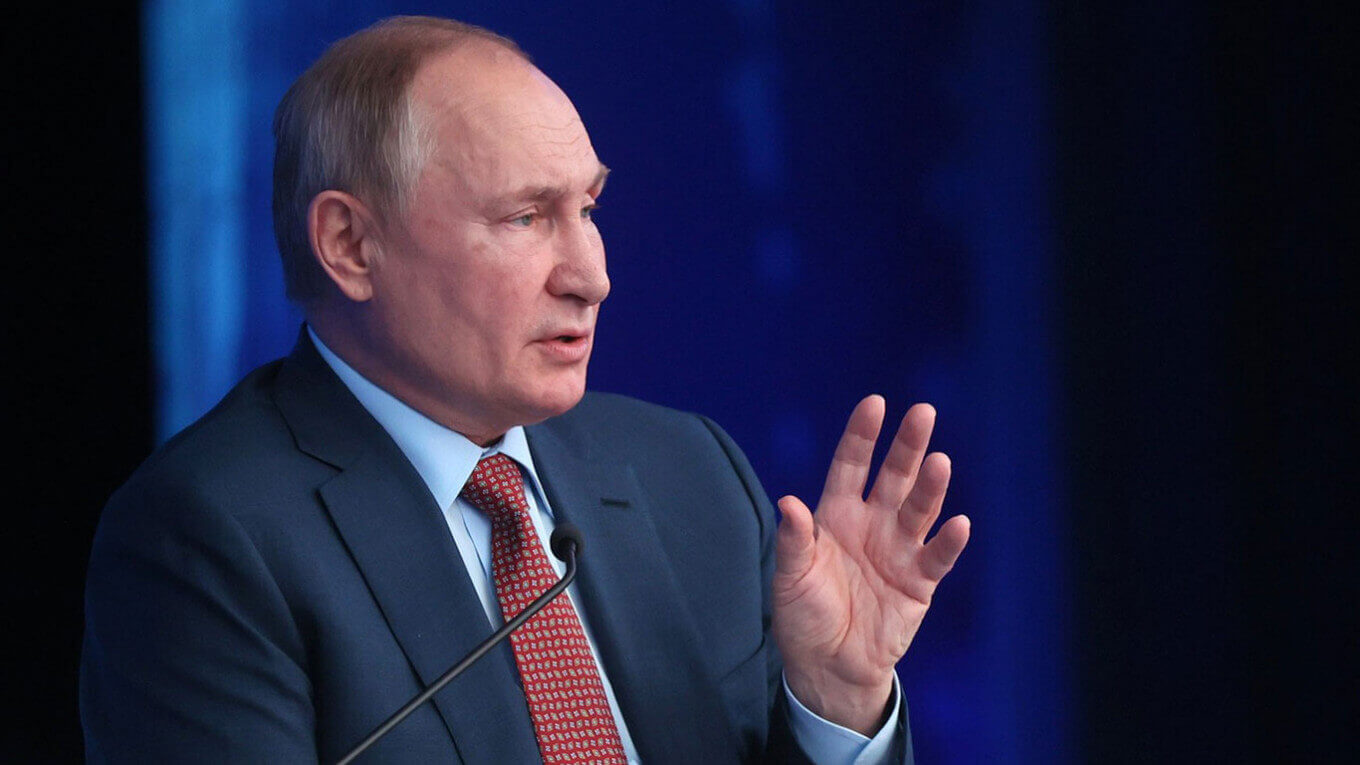Russian Foreign Minister Sergei Lavrov on Wednesday confirmed that his country would hold talks with the United States (US) and North Atlantic Treaty Organisation (NATO) to discuss President Vladimir Putin’s “legally binding” security demands amid the military build-up at the Ukrainian border.
In an interview with Russian state-funded news network RT, Lavrov said: “It has been agreed that at the very beginning of next year, the first round (of talks) should be bilateral contact between our negotiators and American ones.” Lavrov also mentioned that Russia would hold separate negotiations with NATO in January. “We hope that no one else views conflicts as a desirable scenario,” he said, adding that they will “toughly ensure our security by those means that we deem appropriate.”
Similarly, US Assistant Secretary of State for European and Eurasian Affairs Karen Donfried told reporters on Tuesday: “On the bilateral engagement, we will decide on a date together with Russia, and we believe that that will take place in January.” On the same day, NATO Secretary-General Jens Stoltenberg affirmed the Organization’s support for Ukraine and said that the Western alliance looks forward to a “meaningful dialogue” with Russia.
Earlier this week, US Secretary of State Antony Blinken also said that Washington would engage with Russia early next year through various diplomatic channels, namely NATO‑Russia Council and the Organization for Security and Cooperation in Europe (OSCE). Regarding Russia’s list of security demands, Blinken said, “Russia has said–and it put out some papers on this–that it has grievances, demands, concerns. Well, so does the US and all of our European partners about Russia’s conduct, the actions it’s taken.”
Last week, in an effort to de-escalate tensions regarding troop build-up along the Ukrainian border, the Russian Foreign Ministry published a detailed set of security demands made to the US and NATO, calling for the Western alliance to suspend its eastward expansion and cease missile deployment and military movement near the Russian border.

Moreover, Putin also spoke with French President Emmanuel Macron and German Chancellor Olaf Scholz this week regarding the possibility of holding a new Normandy Format summit to address the conflict with Ukraine. Ukrainian President Volodymyr Zelensky also wants “direct talks” with Russia to resolve the tensions. The first Normandy Format summit took place in 2014 between Russia, Ukraine, France and Germany to resolve the Donbas conflict in eastern Ukraine.
In recent months, the US and its European allies have raised concerns over a possible Russian invasion of Ukraine in the early parts of next year. US intelligence reports have indicated the presence of 175,000 Russian troops at the border with Ukraine, drawing parallels to Russia’s invasion of the Crimean Peninsula in 2014. Meanwhile, Russia has also accused Ukraine of amassing forces at the shared border. In fact, during his meetings with Macron and Scholz, Putin argued that ongoing tensions along the border are due to Kyiv’s “unwillingness” to abide by the terms of the Minsk Protocol.

